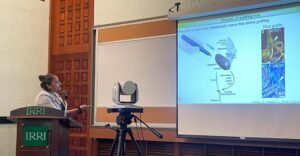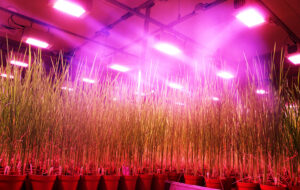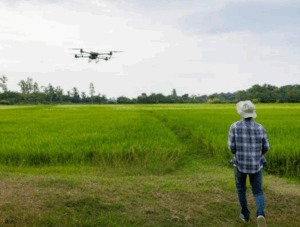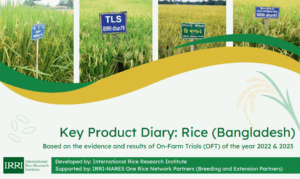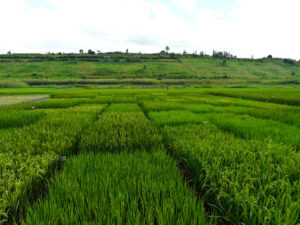To meet the nutritional needs of a growing population, we need a solution that will ensure global food security for future generations that do not result in higher prices for the world’s poorest in the major rice-consuming regions of Africa and Asia.
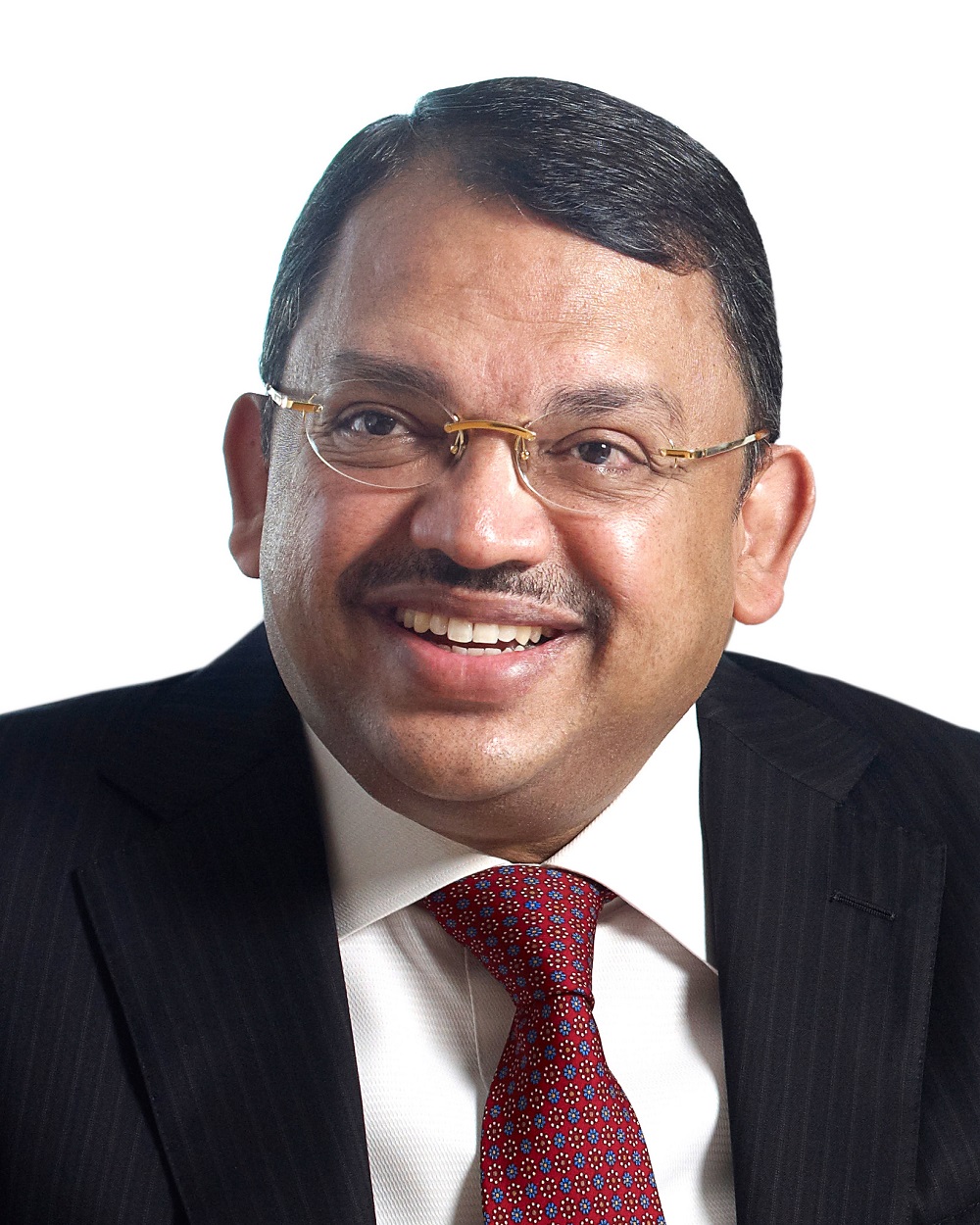
Rice faces a unique challenge. It is a staple crop for more than 50% of the world’s population with increasing demand driven by population and economic growth. At the same time, rice is one of the most polluting crops in terms of greenhouse gas emissions. Additionally, rice production also puts a huge pressure on natural resources as one of the most water-intensive agricultural activities with significant impact on soil health.
To meet the nutritional needs of a growing population, we need a solution that will ensure global food security for future generations. Unlike traditional solutions, in higher value cash crops, for instance, where consumers pay the premium for sustainability, a different approach is needed for an everyday staple like rice. This means a solution that doesn’t result in higher prices for the world’s poorest in the major rice-consuming regions of Africa and Asia. However, farm-level practices will not change without an incentive.
At Olam International, we recognize that, in order to be able to feed 8.3 billion people by 2030, we need to re-imagine the agricultural systems that we have today and advance knowledge in world food security. As part of this vision, we launched the Olam Prize for Innovation in Food Security in 2014 to recognize individuals for their potential impact on the availability, affordability, accessibility, or adequacy of food. The inaugural prize was awarded to the SRI International Network and Resources Center for their work on the System of Rice Intensification, a game-changing innovation that enhances the productivity of rice paddy, water conservation, livelihoods, biodiversity, environmental quality, and crop resilience to climate stress. In 2017, the prize was given to the project Adapting durum wheat varieties to the Senegal Basin for food security led by Dr. Filippo Maria Youssef Bassi of the International Center for Agricultural Research in the Dry Areas for developing a super heat-tolerant wheat for farmers in the Senegal Basin which could boost incomes and produce a new source of food.
In addition, Olam has invested heavily in the UN Environment and IRRI-led Sustainable Rice Platform to better define a science-based framework for assessing current practices and prioritizing improvements to create real and significant change. We are also working with like-minded organizations, including Deutsche Gesellschaft für Internationale Zusammenarbeit GmbH (GIZ), International Fund for Agricultural Development, Central Bank of Nigeria, and the Thai Rice Department, from which our combined efforts have trained and improved the livelihoods of about 8,000 farmers. By 2021, we expect to scale up our partnerships and efforts to reach 55,000 rice farmers in five countries. Our pilot projects have already demonstrated reduced farm costs and enhanced yields, helping farmers see increased incomes as high as 75% and incentivizing them to adopt more sustainable practices.
This is still a speck on the map of the more than a billion people impacted by the rice value chain. The size and complexity of this problem reinforce the need to leverage a broad partnership approach to implement sustainable solutions to the climate impacts of rice farming while supporting the 144 million rice farming families around the world who rely on the crop to survive. Indeed, it is only through engaging actors from the government, private sector, farmer groups, and civil society that we can hope to deliver a widespread impact.
Similarly, the advancements by research scientists that will be presented at this year’s International Rice Congress (IRC) hold the collective keys to solutions that will ensure global food security within the world’s planetary boundaries. The IRC2018 is a valuable opportunity to further these ambitions, galvanize attention, accelerate implementation of research into fields around the world, and catalyze further partnerships with global leaders and industry peers to correct damaging legacies. We must come together in order to deliver better outcomes towards a food-secure future while also protecting farmers’ livelihoods and the health of the soil that we all rely upon.
_____________________
Mr. Verghese is the co-founder and chief executive officer of Olam International Limited. He is also a keynote speaker at IRC2018.


